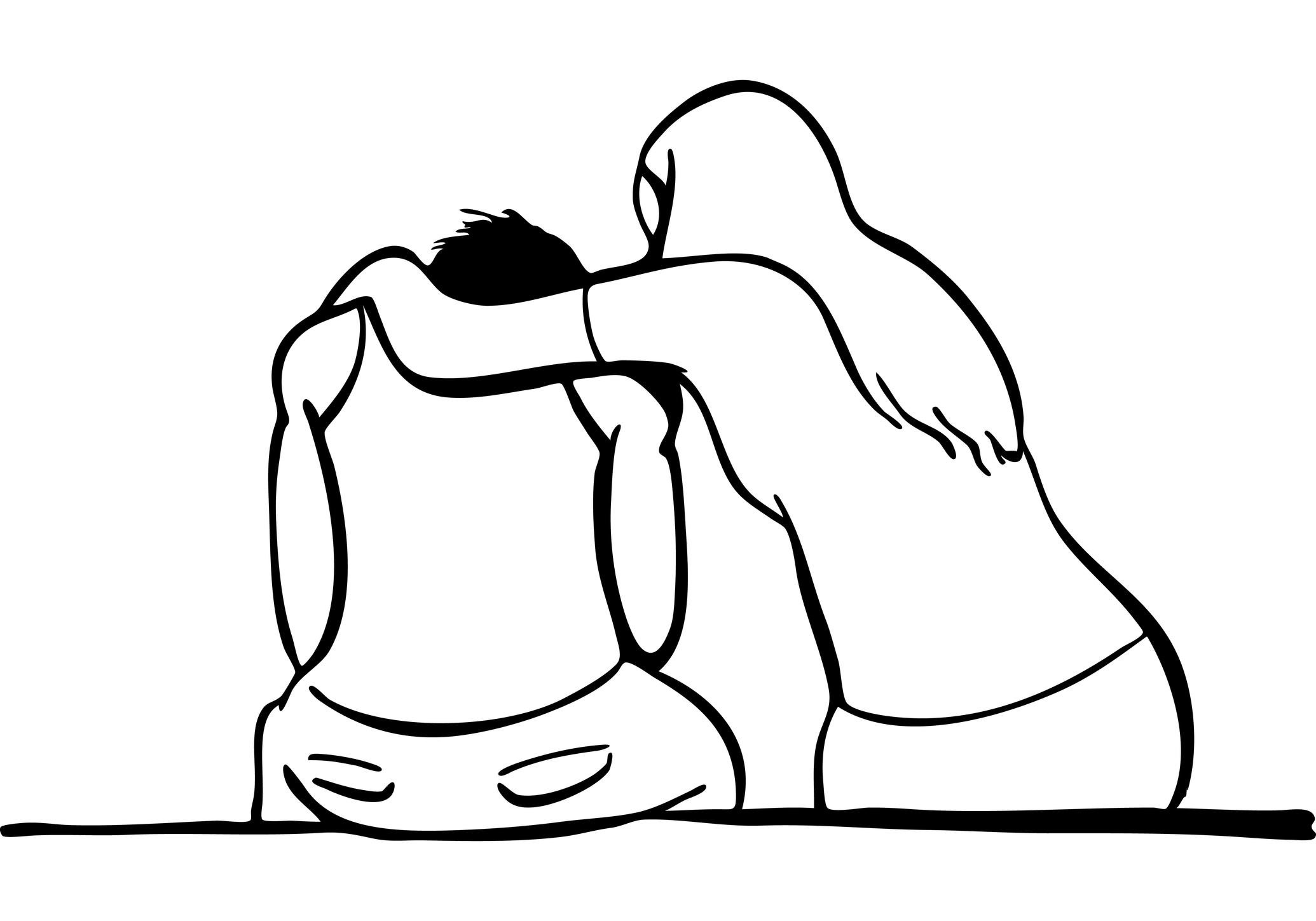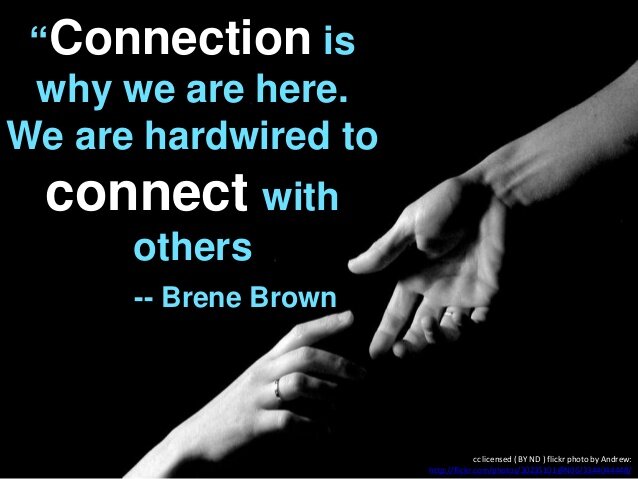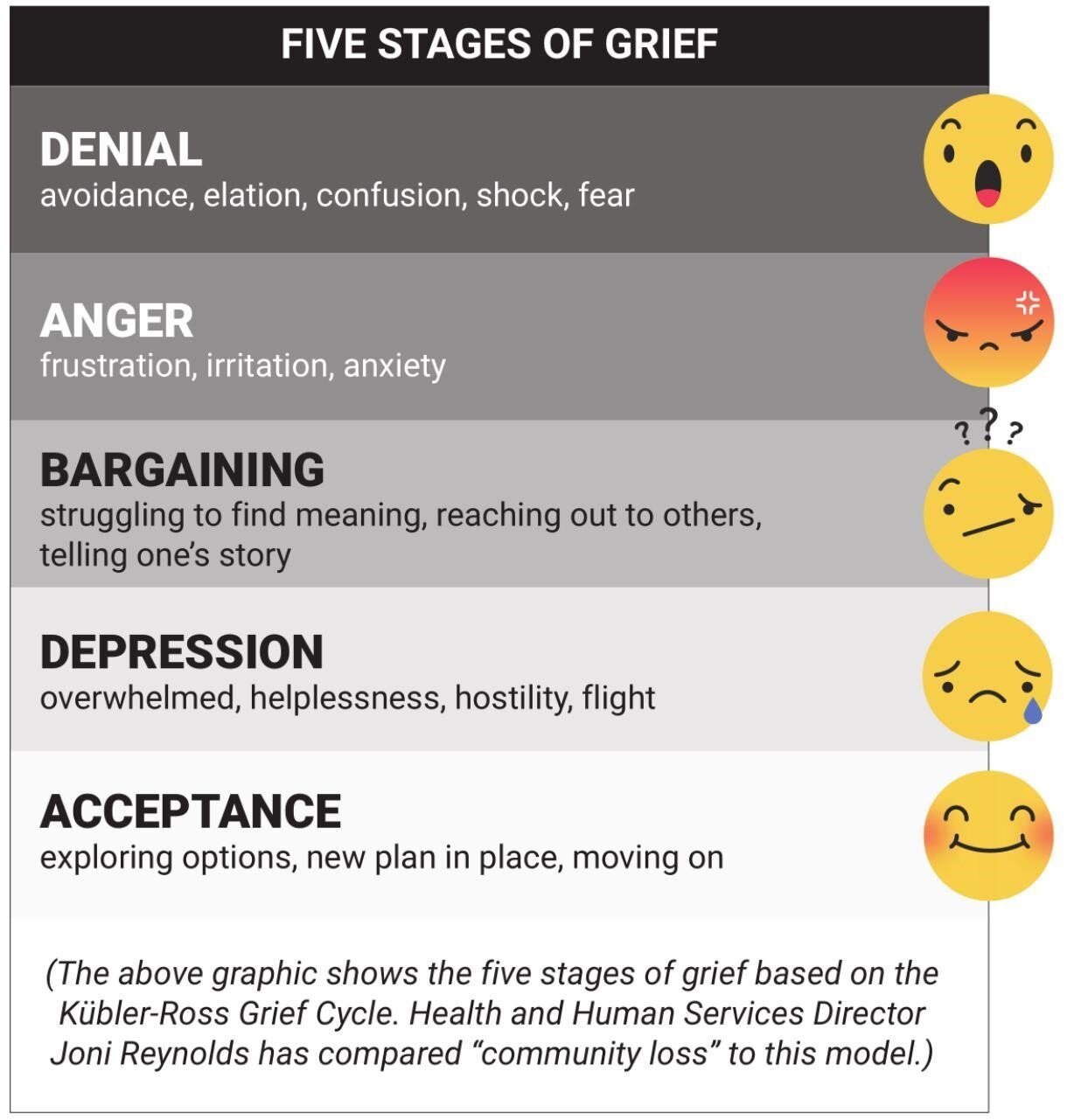The cold and the sun. Two seemingly contrasting states and yet, on a day like today, they work in perfect harmony. Just got back from a walk to the gym in the crisp cold air with the warm sun on my back and it was really glorious. It made me think about how many of life's contrasts work really well together - like that salty and sweet popcorn!
I'm often told that my husband and I are 'complete opposites' and I happen to agree in terms of personality, thinking and social style but our relationship works so well because we share the same values and purpose. That common ground. Often opposite demands, needs, and expectations can be managed really well if they are approached with the right attitude and mindset.
I was reading the post on linkedin from @Mind this morning for #menshealthmonth and thought about how so many men face this contrasting challenge in life. They have societal expectations to be strong and capable and yet they are also encouraged to show vulnerability and ask for help.
As our mental health conversations progress and more and more of us are taking up the call to educate, inform, promote, and support - it's good to know that these contrasts are being spoken about. Working together we can normalise these expectations and behaviours in the same way that sweet and sour sauce works together and is, well - delicious!
Glad to be part of the conversation.





















